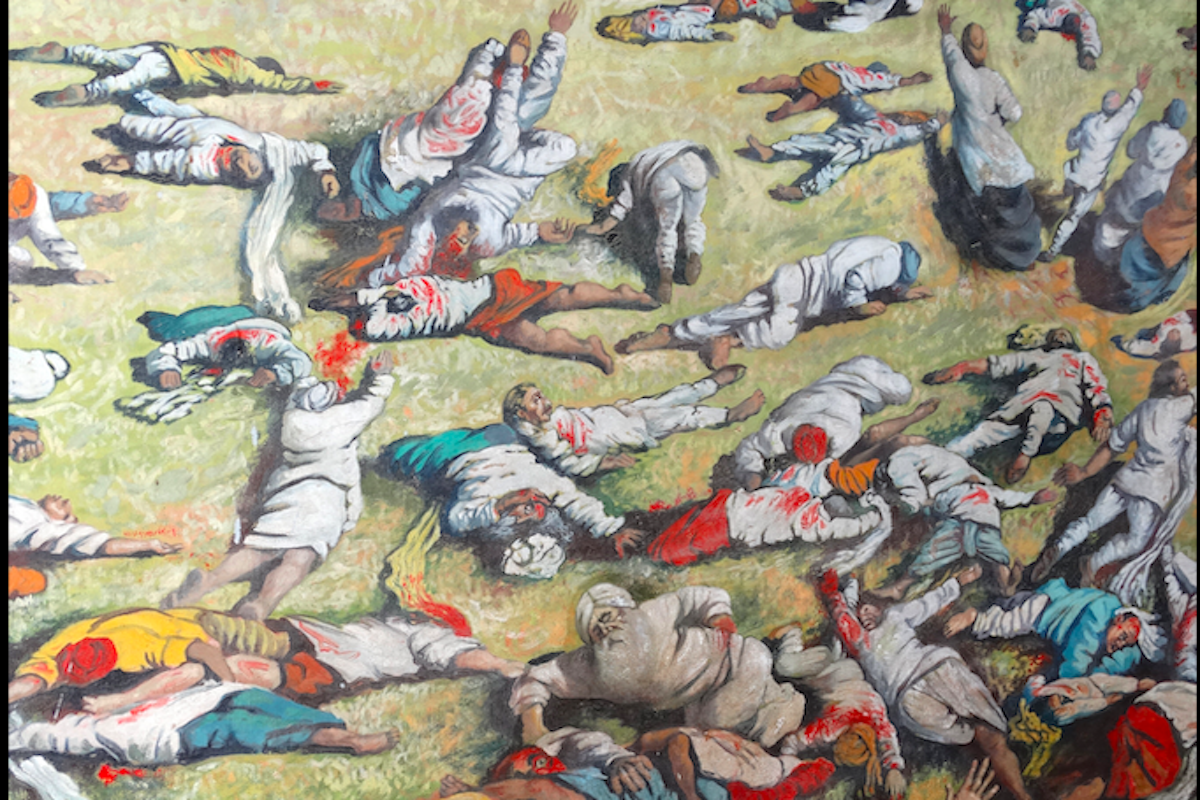On 13 April 1919, the Jallianwala Bagh massacre happened, though it had happened years ago, the hearts of Indian sinks every time when he or she thinks of this heartwrenching incident.
On Sunday afternoon, 13 April 1919, many villagers gathered in the Bagh to celebrate the important Sikh festival of Baisakhi, and peacefully protest the arrest and deportation of two national leaders, Satyapal and Saifuddin Kitchlew.
Advertisement
During the peaceful protest, the Massacre of Amritsar took place as the British troops opened fire on a large crowd of unarmed Indians, who were quietly protesting in an open space known as the Jallianwala Bagh in Amritsar in the Punjab region of India. There were innocent children, females, and males in the Jallianwala Bagh, where this incident took place.
This caused the killing of several hundred people and the wounding of many hundreds more. In India’s modern history, it marked a turning point that had left a permanent scar on Indo-British relations and was the prelude to Mohandas Gandhi’s full dedication to the cause of Indian nationalism and India’s complete freedom from Britain.
Today, Prime Minister Narendra Modi paid the tribute on Twitter in remembrance of the day. He has posted:
